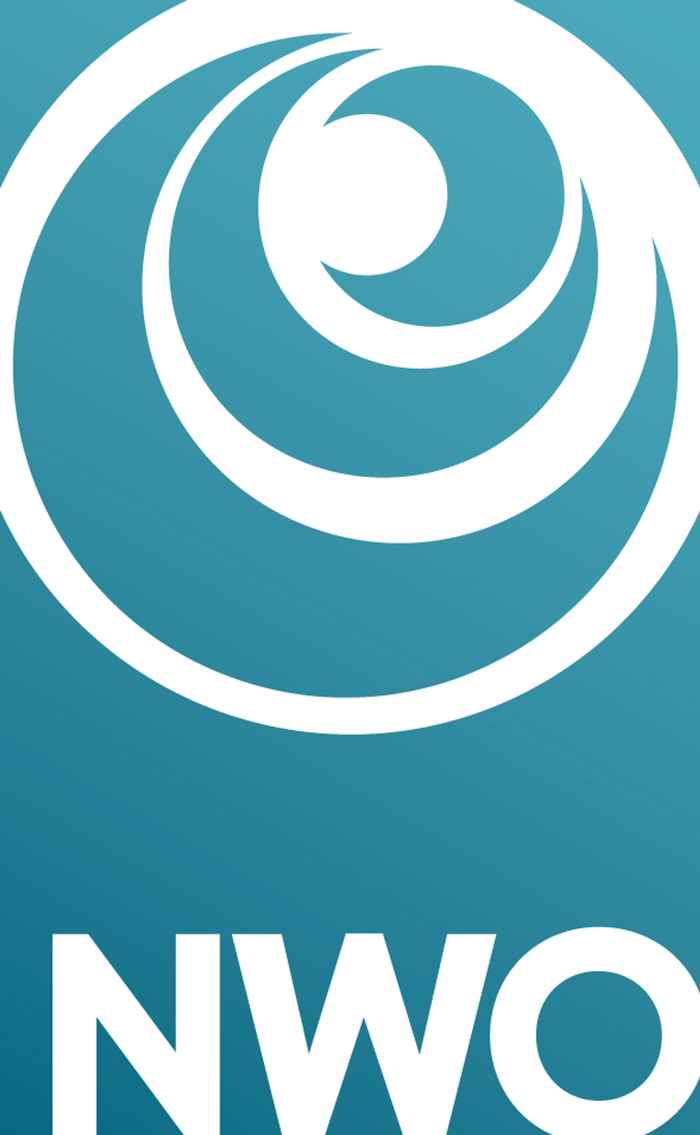Rubicon grants for six UvA and Amsterdam UMC young talented researchers
25 July 2024

For many researchers, experience abroad is an important step in their career. The Rubicon programme gives young, highly promising researchers the opportunity to gain international research experience.
The young researchers will leave for the maximum allowed 24 months to Switzerland, the United States, the UK and France.
UvA en Amsterdam UMC laureaten
- Dr Arnoud Arps (Mediastudies): Who owns intangible cultural heritage from a shared colonial past? Food media, the Dutch East Indies, and postcolonial solidarity
In contemporary food media from Indonesia and the Indies-Dutch diaspora, shared colonial eating practices are being contested, appropriated and utilised as a form of cultural decolonisation. This project comparatively studies why Indonesia's disruptive colonial past in particular is fertile ground for the formation of postcolonial solidarity between different cultures
- Dr Alicia Furumaya (Medicine): Understanding resistance to treatment of aggressive liver cancer
To better understand aggressive liver cancers and improve treatment, tumor material of aggressive tumours (that worsened despite surgery or chemotherapy) will be studied. Several techniques will be used, including analysis of proteins and genes, and studying the single cells which make up the cancer and the area around the cancer.
- Ryan van Mastrigt (Physics): Machine Learning to Control Self-Folding
Self-folding – a chain folding itself into a shape – is nature’s preferred fabrication method, but it is hard to control in model systems. The researcher aims to use machine learning to control this folding and thereby create new materials at the micron scale.
- Dr Matteo Mazzanti (Physics): Next-Generation Ion Trapping: Scalable Micro-Penning Trap Arrays for Quantum Computing and Simulations
The project aims to use microfabricated Penning traps as a new platform to tackle the scalability challenges facing current trapped ion quantum computing systems, presenting an innovative approach for advancing quantum information science.
- Dr Eva Meeus (Chemistry): Medicine activation through shuttle catalysis
To realize cancer treatments with reduced side effects, I will study a new synthetic methodology based on shuttle catalysis to locally activate drugs. This methodology allows the conversion of inactive drugs into active anticancer drugs. The local performance of this conversion in cancer cells will help to prevent side effects
- Dr Loes Opgenhaffen (Archaeology): Under construction. Visualising the organisation of building sites in Archaic Satricum (ca. 600-480 BCE) in 3D
This research focuses on technical traditions of both ancient builders in Central Italy and modern archaeologists. A novel methodology is proposed to integrate 3D visualisation and computational techniques and archaeological theory to examine the organisation and social interaction between different craftspeople on the construction site.